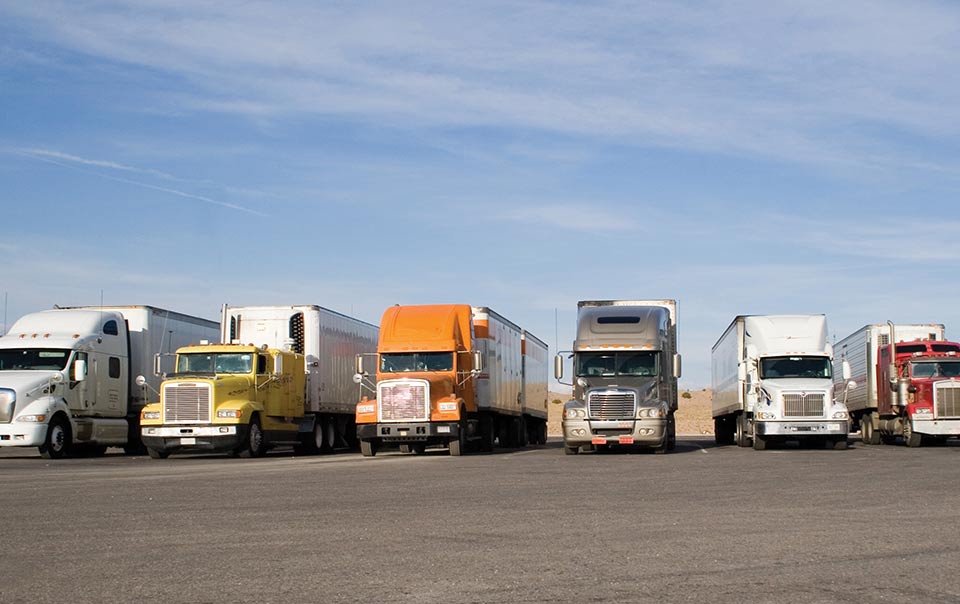Commercial Vehicle Compliance Regulations


Many businesses use vans, trucks and buses to move their customers, products or equipment. Depending on the size and use of those vehicles, a business and its drivers may be subject to state and federal commercial vehicle regulations. Complying with these regulations is an important part of a fleet safety program.
State and federal requirements
Commercial motor carriers are regulated by the states in which they operate. If these vehicles operate in interstate commerce, federal regulations also apply. In general, most states follow the Federal Motor Carrier Safety Regulations (FMCSR) or similar rules.1
Commercial driver's license (CDL)
Motor carriers that operate large commercial motor vehicles, or vehicles used to transport hazardous materials, must comply with additional regulations if they operate the following types of commercial vehicles:
- Class A - Vehicles with a gross combination weight rating of 26,001 pounds or more including a towed trailer over 10,000 pounds.
- Class B - Single unit vehicles with a GVWR of 26,001 pounds or more (if pulling a trailer, the trailer must not exceed 10,000 pounds).
- Class C - Vehicles under 26,001 pounds used or designed to transport 16 or more passengers, including the driver, and vehicles less than 26,001 pounds required to display hazardous material placards.
Drivers of these vehicles must have a commercial driver’s license and the appropriate endorsements for the vehicles they are driving. Companies that operate these vehicles must also have a drug and alcohol testing program that meets the Department of Transportation (DOT) alcohol and controlled substances testing program requirements.
Registration requirements
Companies that provide interstate for-hire transportation must obtain federal operating authority by filing the appropriate application with the Federal Motor Carrier Safety Administration (FMCSA). For-hire and private motor carriers must also register with the FMCSA and obtain a U.S. Department of Transportation (DOT) number. This number must be displayed on all commercial vehicles the motor carrier operates.
Organizations operating commercial motor vehicles in interstate commerce may also be required to register and pay fees under the Unified Carrier Registration Act of 2005.2
More than 30 states currently require intrastate motor carriers to obtain a U.S. DOT number as part of their commercial motor vehicle registration process. Other state registration requirements may include complying with International Fuel Tax Agreement and International Registration Plan, if a motor carrier is operating in interstate commerce.
Additional registration requirements may exist. For information about these requirements visit the Federal Motor Carrier Safety Regulations website and contact the agency in your state that regulates commercial motor vehicles.
Sources
1 www.fmcsa.dot.gov
2 www.ucr.gov



